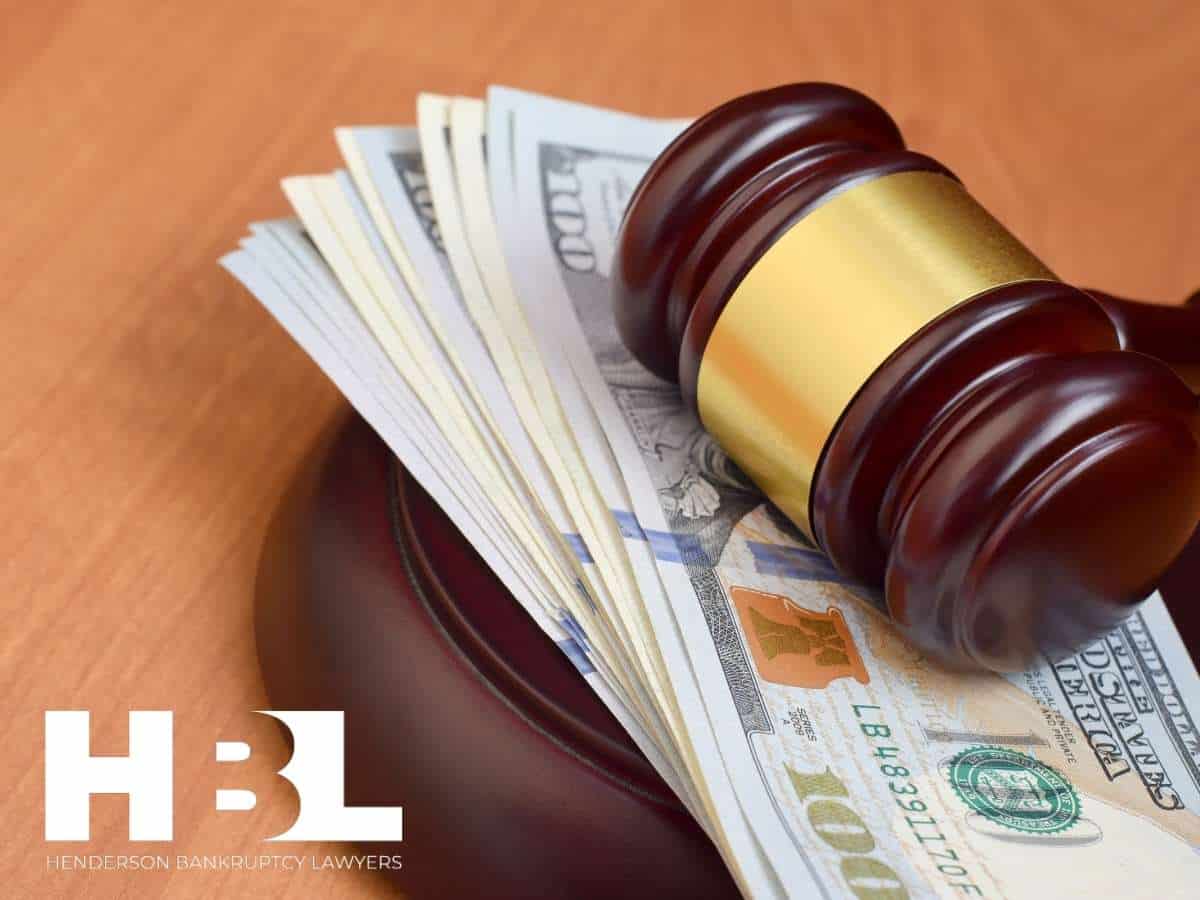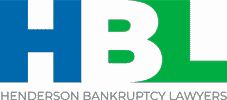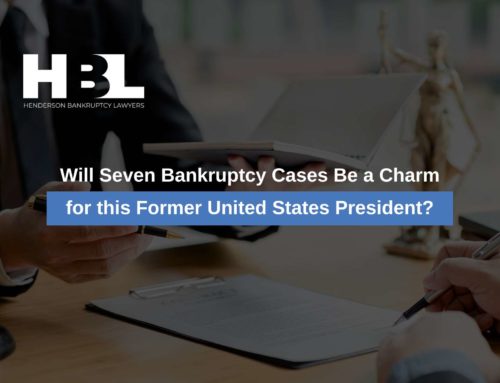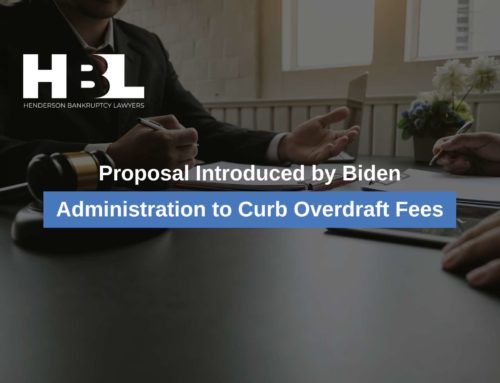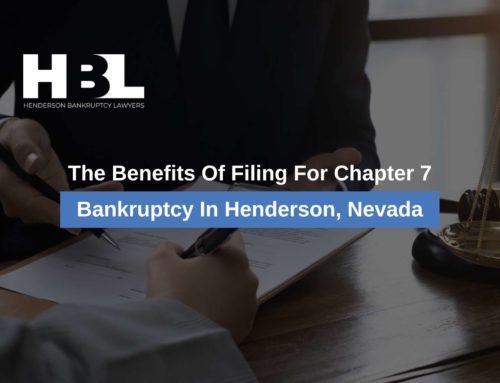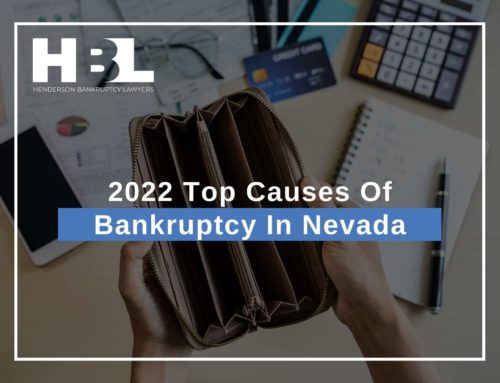How To Make Sure That You Aren’t Charged With Bankruptcy Fraud
It can often be surprising how many people we consider to be “rich and famous” end up declaring bankruptcy. But sometimes the tabloids are right when they say stars are just like us. And as much as we hate to admit, a small percentage of people who file bankruptcy try to game the system, so theoretically, so do a small percentage of celebrities who file bankruptcy. And on April 29, 2022, famed tennis player Boris Becker was sentenced to 2.5 years in prison stemming from a fraudulent bankruptcy filing in 2017. What did he do to receive this sentence, and what can you do to make sure that you aren’t charged with bankruptcy fraud if you ever decide to file? Read on to find out.
Boris Becker’s Bankruptcy
Boris Becker is a 54 year old tennis star who was the Wimbledon champion three times, the first time being at 17 years old. He was formerly ranked the number one tennis player in the world. But even the fortune that comes with that kind of status can’t protect you from your creditors if your financial situation gets out of control. In June 2017, he declared bankruptcy in the United Kingdom.
So what did Becker do on his bankruptcy petition to warrant a 2.5 year prison sentence? When you file bankruptcy, your bankruptcy petition must provide a full and honest view of every aspect of your financial situation. You must declare all of the assets and financial interests you own so that discharging debt can be fair to your creditors as well. When Becker declared bankruptcy in 2017, he transferred about $450,000 to third parties shortly beforehand. He failed to disclose a property he owned in Leiman, Germany. He also hid the fact that he owned 75,000 shares of Breaking Data Corp. In total, he attempted to conceal an estimated $2.51 million from his creditors in his bankruptcy filing.
The judge in Becker’s criminal trial, Deborah Taylor, stated that he will most likely serve half of his prison sentence. While the court took into account the fact that this bankruptcy scandal has ruined his career and ability to financially provide for himself, it doesn’t justify his conduct and lack of remorse.
Dance Moms Bankruptcy Fraud
If you’ve watched the reality hit series Dance Moms, then there’s a good chance that you know who Abby Lee Miller is. While her strict and competitive methods were controversial, she also produced undeniable results in her students. This culminated in several championship titles and spin-off series for Miller. However, she still struggled with debts and filed a Chapter 13 bankruptcy in 2010. A Chapter 13 bankruptcy reorganizes debts into a payment plan that lasts 3 or 5 years. Almost all of the debtor’s disposable monthly income must be paid into the plan, so the debtor must disclose all of their income streams.
In her bankruptcy petition, despite being on a highly successful television series, Miller only reported income of $8,899 per month. This only represented her dance teaching income, and hid much of the revenue she had generated through the show’s popularity. This caused the bankruptcy court to investigate her petition further in depth. They discovered she had failed to disclose merchandise and ticket sales from Master Classes she hosted in 2012 and 2013. She also transported approximately $120,000 cash from Australia to the United States in the summer of 2014 in $10,000 increments so she would not have to disclose it at customs. Charges were brought against her in 2015, and she was eventually sentenced in 2017. She was sentenced to a year and a day in prison, as well as two years of probation. She also received a $120,000 money judgment and a $40,000 fine.
Is Bankruptcy Fraud Common?
It is estimated that about 10% of bankruptcy petitions filed in the United States are fraudulent. The four most common types of bankruptcy fraud are concealment of assets, multiple filing schemes, bust out schemes, and petition mills.
Concealment of assets is just what it sounds like- when the bankruptcy filers hides any of their financial interests on their bankruptcy petition. This type of bankruptcy fraud makes up about 2/3 of bankruptcy fraud cases in general. The debtor can do this by transferring property to friends and family members or overseas before filing bankruptcy, or by simply failing to disclose property on their bankruptcy petition.
Multiple filing schemes can involve another type of fraud- identity theft. This type of bankruptcy fraud is committed when a debtor moves from state to state, filing bankruptcy repeatedly. This scheme can’t last if the debtor continually uses their own name, address, and social security number. But identity thieves can move from state to state, run up debts, and file bankruptcy under someone else’s identity.
Bust out schemes are the most recent to be recognized as a form of bankruptcy fraud. This involves taking out several new lines of credit, usually credit cards, and maxing them all out so you can discharge it in bankruptcy. Your trustee will be on the lookout for this by looking through your bank account and credit card statements. Luxury spending of more than $725 in the 90 days before your filing and cash advances of more than $1,000 in the 70 days before your filing are not allowed. Usually, these debts will just be excluded from your bankruptcy, and you will still be responsible for them after your discharge. But in extreme cases, the debtor can be fined up to $250,000 and sentenced to up to 5 years in prison.
Petition mills are different from the other types of bankruptcy fraud because the debtor is not aware of the scheme. Sometimes, petition mills advertise themselves as credit counseling services, especially to people who are about to lose their homes. Here, the petition mill will take the person’s information and file bankruptcy without their knowledge. The bankruptcy will delay the victim’s eviction or foreclosure by a few months, but leave them in a worse off financial position once the bankruptcy protections end.
Affordable Bankruptcy Lawyers To Keep Your Case On The Up & Up
Depending on your circumstances, it could be extremely easy to forget spending, transfers, or assets that could raise suspicion of fraud in the bankruptcy trustee. The consequences of this range in severity. Maybe you’ll get lucky and the trustee won’t catch the issue. The trustee may find it and require you to pay the amount towards your creditors for your bankruptcy to proceed. Or, the debt may be excluded from discharge in your bankruptcy. But in a worst case scenario, you could be charged with bankruptcy fraud and sentenced to time in prison. As tempting as it can be to try to take advantage of the bankruptcy system, even if you already plan to file, the risks simply aren’t worth it. Our Nevada bankruptcy team can help you avoid these kinds of mistakes, whether they’re intentional or accidental. We also offer budget rates and payment plans that start at $0 down for eligible clients. To see if you qualify, call or use our online form to schedule your free consultation with a member of our Nevada bankruptcy team.
Henderson Bankruptcy Attorneys
1489 W. Warm Springs Rd., Ste. 110
Henderson, NV 89014
Phone: (702) 899-3328
Email: info@mylasvegaslawyers.com

